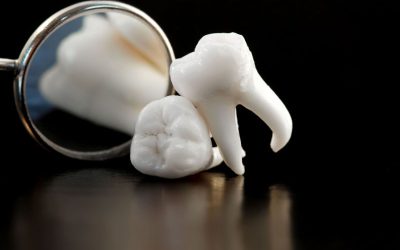Some oral problems are serious enough to end in tooth loss. However, most oral diseases can be cured or managed when treated early. Periodontal disease is an oral condition that affects gum tissue and bones at the base of the tooth roots. It’s a problem that occurs when decay has reached the tooth root and gum. In serious cases, there’s bone loss in the jawline. Fortunately, with routine oral exams, it can be detected early and treated to stop it from progressing. A Dentistry in Providence RI, has periodontists who specialize in treating this condition. They treat the disease at any stage. It’s important to know how far the disease has progressed. Periodontists can perform the appropriate dental procedures when they know how much of the oral anatomy it has affected.
Symptoms associated with periodontal disease are pockets that make extra space between the teeth and gums. The pockets expose the tooth root and soft tissue to bacteria. If the pockets don’t exceed 6mm in length, it’s considered a moderate case at most. Pockets more than 6mm in length are diagnosed as advanced periodontal disease. An Advanced stages can cause deterioration of the bone. Further decay after that means one or more teeth will fall out.
Rooting and scaling is a procedure that removes bacteria and deteriorated gum tissue in patients with periodontal disease. It eliminates the source of the problem to hamper and eventually reverse the effects of the disease. Special cleaning and care at routine office visits is required to manage the recovery process. Following special personal oral care instructions at home prevents the disease from returning.
Associates of Dentistry in Providence RI, utilize comprehensive oral care services to maintain oral health after periodontal disease. Antibiotic treatment is used before and sometimes after the disease has been cured. It’s proven to work really well in cases of the pediatric periodontal disease. Antibiotics come in pill or topical gel form. Antibiotics made for periodontal disease reduce inflammation and kill a protein that breaks down connective tissue. It kills aggressive strains of bacteria most often seen in this type of oral disease.
Poor oral health can lead to other health issues, which is good cause for having oral exams on a schedule recommended by dentists. Conditions that degenerate oral health are found and treated in the beginning stages by seeing a dentist annually.








